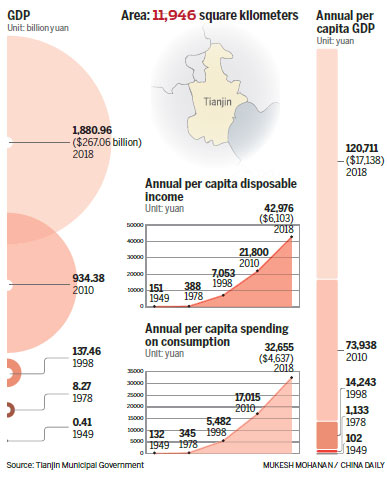The Attraction of Deprivation: Exploring the Allure of Minimalism in Modern Living
#### The Concept of DeprivationDeprivation, often perceived as a negative state, can paradoxically evoke a sense of attraction and allure. In a world satura……
#### The Concept of Deprivation
Deprivation, often perceived as a negative state, can paradoxically evoke a sense of attraction and allure. In a world saturated with abundance and consumerism, the idea of living with less has gained significant traction. This phenomenon, known as the attraction of deprivation, highlights how minimalism and simplicity can lead to greater fulfillment and happiness. People are increasingly drawn to the notion that by stripping away excess, they can find clarity, purpose, and a deeper connection to their lives.
#### The Rise of Minimalism
The rise of minimalism as a lifestyle choice has been fueled by various factors, including the overwhelming nature of modern life, the constant bombardment of advertisements, and the pressure to keep up with societal standards. As individuals grapple with information overload and materialistic expectations, many are discovering that the attraction of deprivation offers a refreshing alternative. By embracing minimalism, they can reclaim their time, focus on what truly matters, and cultivate a sense of peace amidst the chaos.
#### Psychological Benefits

The psychological benefits of embracing the attraction of deprivation are profound. Research shows that simplifying one's environment can reduce stress and anxiety, leading to improved mental health. When individuals consciously choose to limit their possessions and commitments, they often experience a sense of liberation. This newfound freedom allows for greater mindfulness and appreciation of the present moment, fostering a deeper connection with oneself and others.
#### Environmental Impact
The attraction of deprivation also has significant implications for the environment. As people become more aware of the consequences of overconsumption, many are motivated to adopt a minimalist lifestyle as a means of reducing their ecological footprint. By prioritizing quality over quantity and choosing sustainable options, individuals can contribute to a healthier planet. This shift towards conscious consumption not only benefits the environment but also aligns with the values of those who are drawn to the attraction of deprivation.
#### Practical Steps Towards Minimalism
For those interested in exploring the attraction of deprivation, there are practical steps to begin the journey towards minimalism. Start by decluttering your living space; remove items that no longer serve a purpose or bring joy. This process can be both liberating and eye-opening, revealing how much we often hold onto out of habit rather than necessity. Next, evaluate your commitments and prioritize activities that align with your values. Saying "no" to distractions can create space for meaningful experiences and relationships.
#### Community and Connection
Another aspect of the attraction of deprivation is the sense of community it fosters. As more individuals embrace minimalism, they often seek out like-minded people who share similar values. This sense of belonging can enhance personal growth and provide support during the transition. Engaging with minimalist communities, whether online or in person, can inspire and motivate individuals to stay committed to their journey.
#### Conclusion: Embracing the Attraction of Deprivation
In conclusion, the attraction of deprivation offers a compelling narrative for those seeking fulfillment in a world overwhelmed by excess. By embracing minimalism, individuals can experience profound psychological benefits, contribute positively to the environment, and foster deeper connections with others. The journey towards a simpler life may be challenging, but the rewards of clarity, purpose, and peace are well worth the effort. As we navigate the complexities of modern living, let us not forget the transformative power of the attraction of deprivation.